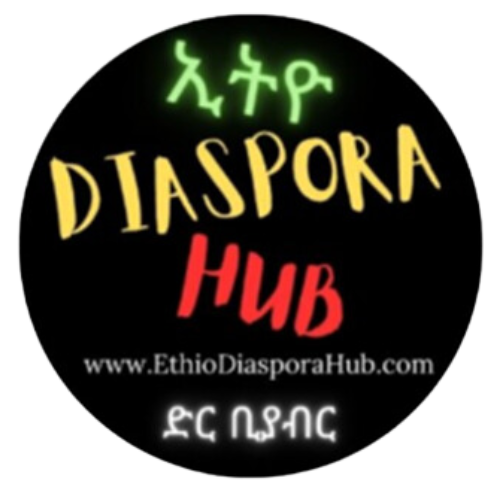On September 11, Ethiopians will celebrate the end of one year and the beginning of another.
However, when the East African country rings in its New Year in a few months, it will technically be 2017, according to the Ethiopian calendar.
So why is Ethiopia, Africa’s second most populous country, seven years and eight months “behind” much of the rest of the world? And how does that work for Ethiopians living on an increasingly interconnected planet that mostly operates in an entirely different era?
The answers lie in traditions that date back centuries – and a firm sense of national identity.
In Ethiopia, the birth year of Jesus Christ is recognized as seven or eight years later than the Gregorian, or “Western” calendar, which was introduced by Pope Gregory XIII in 1582.
According to experts, the Roman Church adjusted its calculation in 500 CE, while the Ethiopian Orthodox Church opted to stick to the ancient dates.
Although much of the rest of the world went on to adopt the Gregorian calendar, Ethiopia has kept its own.
“We are unique,” says Eshetu Getachew, CEO of Rotate Ethiopia Tours And Travel. “We [were] never colonized. We have our own calendar. We have our own alphabet. We have our own cultural traditions.”
Thought to date back at least 1,500 years, the Ethiopian Calendar has many similarities to the Coptic calendar of the Coptic Orthodox Church of Alexandria, an Oriental Orthodox Christian church based in Egypt.



No Comment Found.